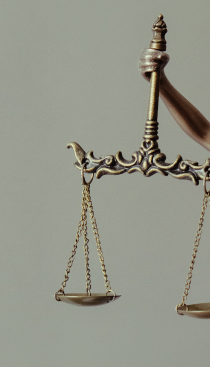Declaration of CLC


Declaration of CLC
DEED OF DECLARATION
Common Law Courts Great Britain & International
The Common Law Court exists in cyberspace for the benefit of men and women and will safeguard their inherent and inalienable rights under Common Law.
The Common Law Court is founded on natural law principles therefore it stands as the highest court in the land.
Decisions at the Common Law Court will be reached by using a trial by jury process, where a unanimous vote will establish a lawful remedy.
The existence of the Common Law Court is due to the demand from men and women to obtain a lawful remedy.
In the main, the statutory process does not safeguard the rights of men and women, tending to protect vested interests instead of the Public Interest.
All men and women can access the Common Law Court by recording their birth details on this site.
Any man or woman having suffered a wrong and having sufficient evidence to confirm this, can convene a Common Law Court. In raising a lawful claim against the wrongdoer, the man or woman will be representing the people.
Where land and property is recorded under Common Law, any claims that were previously attached to the title would be void under the statutory process. The Common Law Court reserves the right for a man, a woman or the individual in control, to raise a claim against the title. Any claims made against a title will have to be verified by a jury of the Common Law Court before being attached.
All decisions of the Common Law Court are unimpeachable and cannot be altered by a statutory court. The only way that a decision from the Common Law Court may be challenged, is if there is evidence of jury tampering, or it can be established that crucial evidence was withheld from the jury, during the trial.
If a statutory court were to interfere, fail to recognise or abide by a Common Law Court decision, this may be a denial of Common Law Rights and a Common Law crime against the people.
© CLC Copyright 2017 OTH / 17 / 1